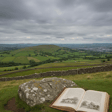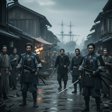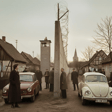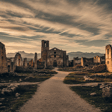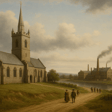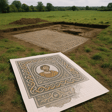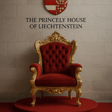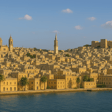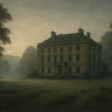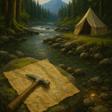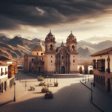
Silk Mirage: Through the Looking Glass in Uzbekistan
Episode twenty-four of the new series of Pieces of History turns the spotlight on Uzbekistan - a country often overlooked in global discussions yet rich in history, culture, and complexity. From the Silk Road cities of Samarkand and Bukhara to the modern-day shifts reshaping its society, Uzbekistan stands at a fascinating crossroads of past and future.
Joining me is journalist and author Joanna Lillis, a long-time observer of Central Asia whose latest book, Silk Mirage: Through the Looking Glass in Uzbekistan, offers a vivid and revealing portrait of the country today. Together, we explore Uzbekistan’s geography, political dynamics, economic changes, and social transformations, uncovering the realities behind its evolving image.
In this episode, we dive into the forces shaping Uzbekistan’s identity, challenge common assumptions, and shed light on a nation navigating a complex path between tradition and modernity.
Email: piecesofhistorypod@outlook.com
Facebook: Pieces of History podcast
Instagram: @pieceofhistorypod
Silk Mirage: Through the Looking Glass in Uzbekistan - https://www.bloomsbury.com/uk/silk-mirage-9781350292468/
